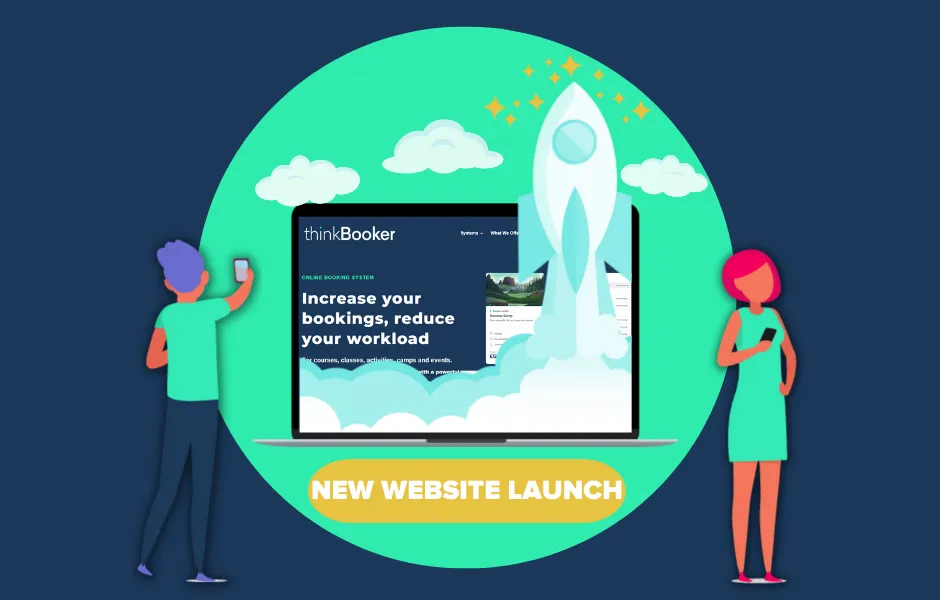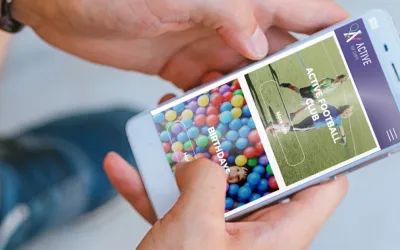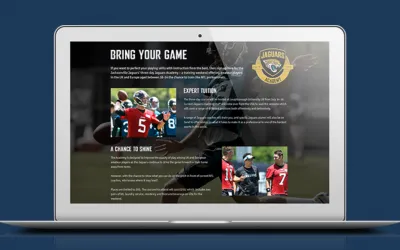As I write this article, the country and indeed great swathes of the planet, is deep in the midst of a societal pause, the like of which most of us will have never experienced before.
Quite rightly, the focus now is on the wellbeing of the nation, ensuring that we all do everything that we can to get through this time as quickly as possible and with minimal cost to lives and livelihoods. This means following all the official guidance, staying at home and keeping our distance, however hard that may be, from our friends, family members and colleagues.
Returning to Normality – But What Will This Normality Look Like?
The day will come, of course, and hopefully in the not too distant future, when the pandemic will pass. When restrictions will be lifted. When we can move freely again. When, to coin a phrase used often at the moment, ‘normality resumes.’
Society will get back on track, of course it will. The trains, the shops, the pubs and restaurants will fill up once again. We’ll shake hands, hug each other and visit our relatives. We’ll go on holidays, go to concerts and return to football stadiums.
What this period of shut down has demonstrated, however, is the number of tools and facilities available to us that keep us working, when the ‘traditional’ channels have shut down.
The question, therefore, is whether or not this will bring a lasting change to businesses who have had to quickly reshape their ways of working?
Tech is Keeping Us Connected
In an era of social media and digital ubiquity, the reach for technology solutions is no great surprise, of course.
However, it’s in the way that it’s been embraced that offers a glimpse at a new normal. The way that, at work and at home (the boundaries of which have been blurred), we’ve utilised online tools to stay connected and keep the wheels of the nation turning; albeit remotely and slightly slower.
How many of us have seen a significant spike in the memes, videos and emoji-based quizzes dropping on your WhatsApp account? Or had to help parents or grandparents get to grips with Zoom, Hangouts or Houseparty?
We’re using different platforms to share songs and performances, to entertain, to inform and to talk.
Great way to start the morning with this Les Miserables Parody.
Family unites us through the best of times, and the worst of times! #InThisTogether #TuesdayMotivation pic.twitter.com/d9laqF5CRl
— Joseph Sakran (@JosephSakran) March 31, 2020
We can even check out live webcams, still happily broadcasting at some of the most spectacular places on earth; even if the images capture scenes noticeably devoid of human activity.
Trevi Fountain – Rome. 3/23/2020 16:40 pic.twitter.com/N2jDCuXbm1
— Noah Kalina (@noahkalina) March 23, 2020
As schools and universities have closed their doors, they’ve turned to online tools to ensure the learning needn’t stop, with classes and lectures moving into the virtual sphere.
Did you know that InterHigh deliver online education to Primary, Secondary and Sixth Form learners? ?
We accept students throughout the year, providing them with tailored education to suit their needs ✅
Find out more at an open evening > https://t.co/EjdmS1l7qA pic.twitter.com/eDSRFmBH3x
— InterHigh School (@InterHighED) March 26, 2020
And, across the business community, we’re using tech platforms to transact, communicate, engage, research, collaborate and generally keep on working. Even if some are still getting to grips with some of the new realities.
Not muting your mic is the new reply all
— Dani Burger (@daniburgz) March 30, 2020
The notion that introducing automated services or online modes of communication can put up barriers and remove the ‘human touch’ have been laid waste by the way that these solutions have helped bring people together.
How Will Your Systems Help Your Business in the ‘Bounce Back’?
Of course, on a personal and organisational level, these are challenging and worrying times. And, it can feel a little crass to think about things such as business development, customer retention and the bottom line.
But these things still matter.
Not only do organisations need to get through this period of shut-down, but be in the right place to grow and prosper when we emerge on the other side. Which means having systems in place to meet the expectations of a potentially altered working landscape.
Concepts such as home or remote working, online shopping, virtual learning or mobile bookings are hardly new, and have steadily gained prominence over the last decade. However, in this time of enforced isolation, the scale to which they have come to the fore across society is surely going to have a lasting impact on how we work and live.
This does NOT mean we’ll remain in isolation; or revert only to video conferencing. Physically meeting your clients and building relationships should always have a place.
But it does point the way to how digital platforms can be utilised to help us work smarter and more efficiently. Or the way that making online services, and self-service functionality, can actually improve the customer experience, and enhance the ways in which you provide for and engage with your clients.
Face-to-face meetings, appointments and courses are still going to be needed. It’s likely, in fact, that they will be in more demand than ever.
But making it easy for clients to arrange or to book them, conveniently and online, increases the chances they’ll be with your business, rather than someone else’s. Online service and communication being the starting point for beautiful relationships in the real world.
Whether it’s businesses putting in place the right systems to leverage the benefits of remote work, or utilising online tools and software that meet client expectations and free staff from the admin tasks that previously put barriers in the way of business development, the future was always going see a greater blurring of the lines between online and physical interaction.
It’s just possible, that it’s progression will have been accelerated by events.
It is only correct that, right now, we have the thoughts of those facing potentially life altering battles uppermost in our minds. However, from a business perspective, we need to stay mindful that the world will move beyond this, and that a normality will return.
And that organisations will need to be ready and equipped to meet the demands and challenges of whatever the future may bring.
At thinkBooker, we specialise in online booking systems for training courses, classes, activities and events – optimised for efficiency, growth and ongoing client satisfaction.
Browse the site to learn more about course booking systems, sports booking systems, event booking systems and more, or get in touch directly to find out how we can help you.



